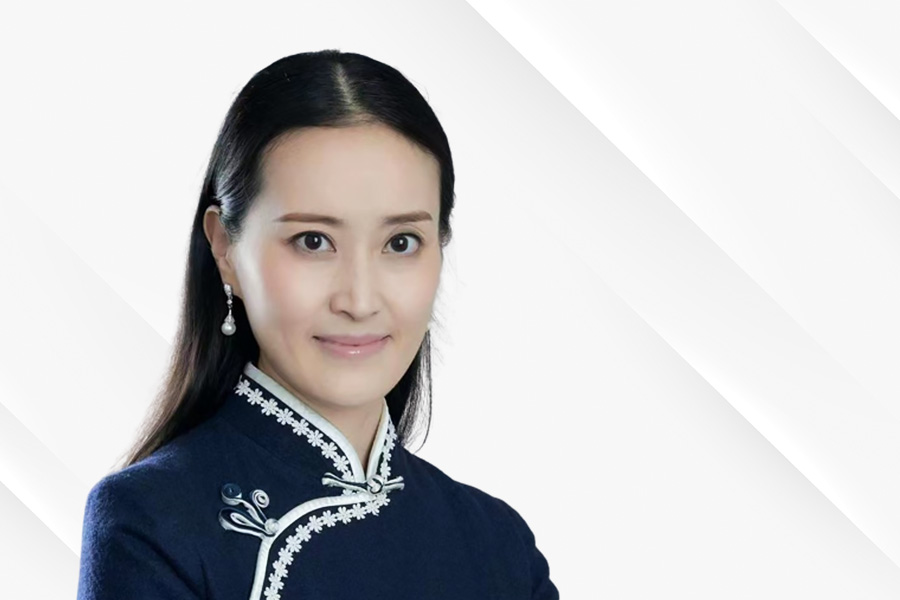Development of the arbitration industry requires active participation of arbitration practitioners, as well as the combined efforts of the legislative, judicial and administrative branches. These two factors in turn influence and promote each other. From a practical perspective, a significant number of international commercial disputes have been submitted to Chinese arbitration institutions, with China as the main seat of arbitration, and the proportion of international cases has increased.

Deputy Secretary-General
Beijing Arbitration Commission/Beijing International Arbitration Centre (BAC/BIAC)
In recent years, Chinese arbitration has further dovetailed with good international practice. Institutional rules have gradually been elevated to legislative consideration, with the granting of discretionary jurisdiction and power to take interim measures to arbitral tribunals to address longstanding problems in China’s arbitration practice. Courts are also willing to adopt a pro-arbitration and less judicially intrusive approach.
The World Bank’s new “Business Enabling Environment” (formerly “Doing Business”) score has also increased its examination of arbitration indicators. All parties are working together to promote an arbitration-friendly business and legal environment in China.
Meanwhile, a number of Chinese arbitration institutions, including the Beijing Arbitration Commission, have been reforming their arbitration rules, training their arbitration teams and improving their service standards in a direction more in line with the market, and respecting the development of commercial arbitration. Among them, many international explorations and new solutions deserve attention.
Arbitration cost reform. The Beijing Arbitration Commission amended its arbitration rules in 2019, becoming the first in China to clearly distinguish arbitrator compensation from institutional management fees, and providing that arbitrator compensation may be calculated at an hourly rate if agreed by the parties, further aligning it with the international arbitration cost mechanism.
Supporting rules, such as the Operational Guidelines on the Use of Hourly Rates for Arbitrator Compensation, have been published to encourage parties and arbitrators to use hourly rates for arbitrator compensation, and a wealth of practical experience has been accumulated. Among cases using hourly rates, up to half of the arbitration cost was saved for the parties.
Promoting pilot transfer of procedural leadership. In terms of procedural management, the Beijing Arbitration Commission has taken the lead in mainland China to launch a pilot project on the transfer of procedural leadership, actively promote the model of arbitrator-led arbitration proceedings, and gradually shift away from the traditional model where institutions take on more procedural and organisational duties in order to enhance the professionalism, specialisation and internationalisation of arbitrators.
Arbitral tribunal may hold hearings online. As an active response to practical concerns in the field of international arbitration during the pandemic, and to mitigate its impact on hearings, the Beijing Arbitration Commission formulated pilot guidelines on online hearings in 2020, and amended arbitration rules in 2022, empowering the arbitral tribunal to decide whether to hold hearings online, based on specific circumstances of the case.
The number of cases heard online has increased significantly year-on-year, allowing for the accumulation of valuable experience in online arbitration while maintaining its advantage of arbitration efficiency.
More ways to elect the presiding arbitrator. In addition to the “list system” and “recommendation system”, the 2022 amendments to the Beijing Arbitration Commission’s arbitration rules added new methods for appointing the presiding arbitrator, and provided that the presiding arbitrator might be chosen jointly by two other arbitrators, the applicability of which is being expanded in practice. The parties have more trust in the arbitrators they choose, and selection of the presiding arbitrator by the two chosen by the parties can be regarded as an extension of the parties’ right to choose arbitrators.
Chinese solution to investment arbitration. The Beijing Arbitration Commission issued the Investment Arbitration Rules in 2019, and the Roster of Arbitrators for International Investment Dispute and Code of Conduct of Arbitrators for International Investment Dispute in 2021, providing a Chinese solution at a time when the international community is calling for changes to investment arbitration.
These explorations and innovations have, on one hand, reduced the cost of adapting to the rules for international business entities and, on the other hand, actively contributed Chinese wisdom to the international community. Chinese arbitration institutions are seizing the opportunity of the country’s foreign trade and economic development to find a reform path that can fully attract international entities and enhance their service capacity.
As the paths of practice continue to converge, it will be increasingly difficult to distinguish between the internationalisation of Chinese arbitration and the Chinese application of international arbitration rules. How to both follow the trend and take the lead when called upon is a puzzle that awaits Chinese arbitration institutions to solve together.
Chen Fuyong is deputy secretary-general of the Beijing Arbitration Commission/Beijing International Arbitration Centre (BAC/BIAC)
Marching towards the inner circle of international arbitrationBy Wang Chengjie, China International Economic and Trade Arbitration Commission (CIETAC) |
 |
Innovation and resilience: arbitration in Hong KongBy Yang Ling, Hong Kong International Arbitration Centre (HKIAC) |
 |
Institutions must step up to protect arbitration ecosystemBy Donna Huang, International Chamber of Commerce |
 |
Shanghai arbitration hub: converge and innovateBy Wang Weijun, Shanghai International Economic and Trade Arbitration Commission/Shanghai International Arbitration Centre (SHIAC) |
 |
Innovations in GBA arbitrationBy Liu Xiaochun, Shenzhen Court of International Arbitration (SCIA) |
 |





















